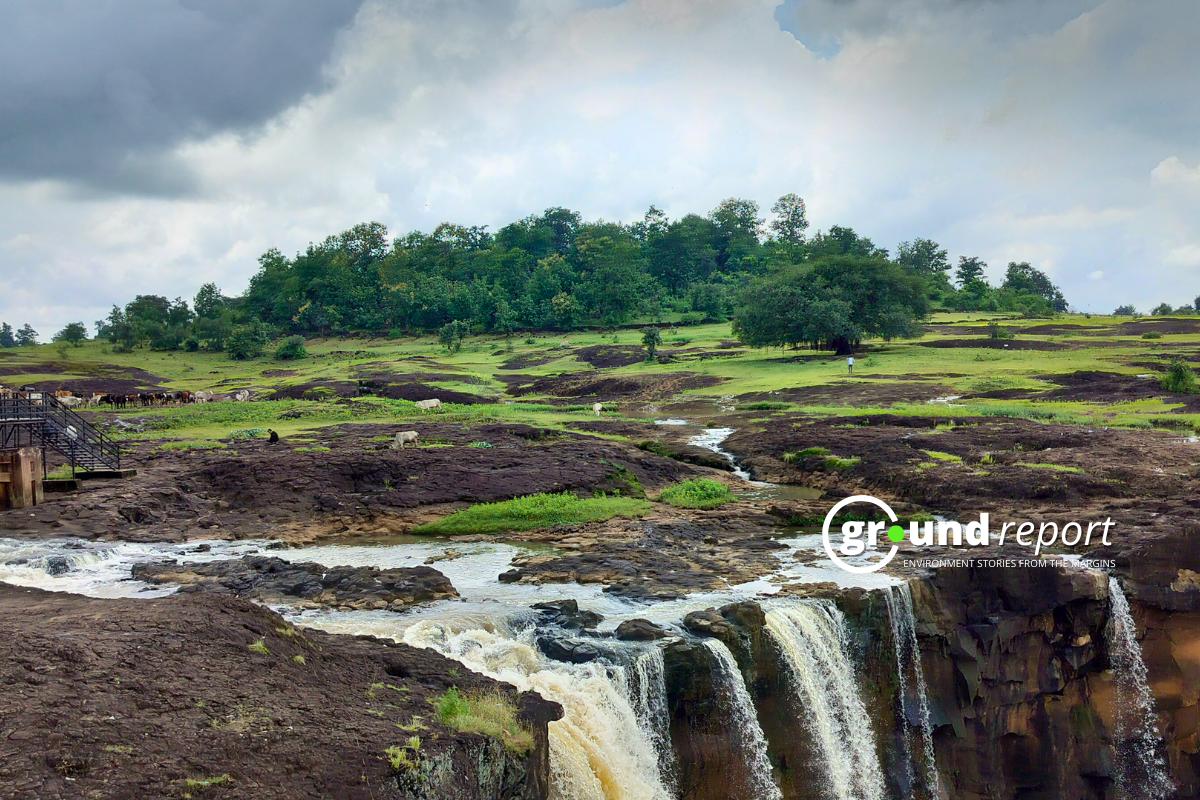The Supreme Court has broadened the interpretation of Articles 14 and 21 to encompass the “right against the adverse impacts of climate change.” This significant ruling, declared in New Delhi, marks a pivotal moment for climate advocacy in India. Policy experts have hailed the court’s decision, emphasizing its potential to spark crucial discussions on the pressing issue of climate change. However, they caution that India’s transition to clean energy to combat climate change must not come at the expense of environmental justice.
CJI underscores Constitution’s environment provisions
Chief Justice of India D Y Chandrachud, leading a three-judge bench, articulated the court’s stance, stating, “Article 48A of the Constitution mandates the State to strive for the protection and enhancement of the environment, including forests and wildlife.” He further highlighted Clause (g) of Article 51A, which underscores the duty of every Indian citizen to safeguard and nurture the natural environment. Although these provisions are not legally binding, they underscore the Constitution’s acknowledgment of the intrinsic value of the natural world.
“The importance of the environment, as indicated by these provisions, becomes a right in other parts of the Constitution. Article 21 recognizes the right to life and personal liberty while Article 14 indicates that all persons shall have equality before law and the equal protection of laws. These Articles are important sources of the right to a clean environment and the right against the adverse effects of climate change,” he affirmed.
Recognizing the escalating threat posed by climate change, the court expanded the purview of Articles 14 and 21 to encompass the “right against the adverse effects of climate change.” This watershed ruling has been lauded by policy experts, heralding it as a catalyst for substantial discourse on the imperative issue of climate change. However, they underscore the paramount importance of ensuring that India’s transition to clean energy doesn’t inadvertently perpetuate environmental injustices.
Reflecting on constitutional provisions, the court underscored the absence of comprehensive legislation in India addressing climate change directly. Despite this, it affirmed that the absence of dedicated legislation doesn’t negate the populace’s entitlement to protection from the deleterious effects of climate change.
Court emphasizes clean environment, life rights
Addressing the intertwined rights to a clean environment and life, the court elucidated, “Without a clean environment free from the impacts of climate change, the full realization of the right to life is impeded.” The justices emphasized that factors like air pollution, shifting disease patterns, and extreme weather events directly impinge upon citizens’ health and livelihoods, underscoring the constitutional guarantees of equality and life.
Delving into a specific case concerning the conservation of the Great Indian Bustard (GIB), primarily found in Rajasthan and Gujarat, the court highlighted the peril posed by overhead power transmission lines to the bird’s habitat.
“The promotion of renewable energy sources plays a crucial role in promoting social equity by ensuring access to clean and affordable energy for all segments of society, especially in rural and underserved areas. This contributes to poverty alleviation, enhances quality of life, and fosters inclusive growth and development across the nation. Therefore, transitioning to renewable energy is not just an environmental imperative but also a strategic investment in India’s future prosperity, resilience and sustainability,” the bench said.
Court forms committee on power lines
In response to the practical hurdles in implementing its earlier directives, the court established a nine-member expert committee tasked with assessing the feasibility of undergrounding power lines in specific regions. This committee is mandated to submit its findings to the court by July 31, 2024.
Furthermore, the court highlighted India’s commitment to transitioning to non-fossil fuels, citing renewable energy investments and initiatives aimed at environmental preservation and socio-economic development.
Manshi Asher, an environmental justice researcher and activist, raised concerns regarding the potential adverse impacts of large-scale solar production and transmission on biodiversity and local communities.
“In districts like Kinnaur (Himachal Pradesh), the endangered chilgoza pines and precious cedars have been lost to hydropower and their transmission,” Asher said, adding that decentralised power generation will reduce the socio-ecological impacts of renewable energy projects.
The climate activist expressed optimism that the court’s decision would pave the way for establishing a legal framework aimed at ensuring government and corporate accountability for their lack of action on climate issues.
Keep Reading
Why did lizards change their genes when they arrived in city?
Some animals became bigger in size and some became smaller, why?
Illegal religious structures removed from Sanjay Van Delhi
How you can Save Sanjay Van in Delhi?
India’s Renewable Energy Expansion Posing Threats To Its Grid Stability
Follow Ground Report for Environmental News From India. Connect with us on Facebook, Twitter, Koo App, Instagram, Whatsapp and YouTube. Write us on GReport2018@gmail.com and subscribe our free newsletter.
Don’t forget to check out our climate glossary, it helps in learning difficult environmental terms in simple language.






